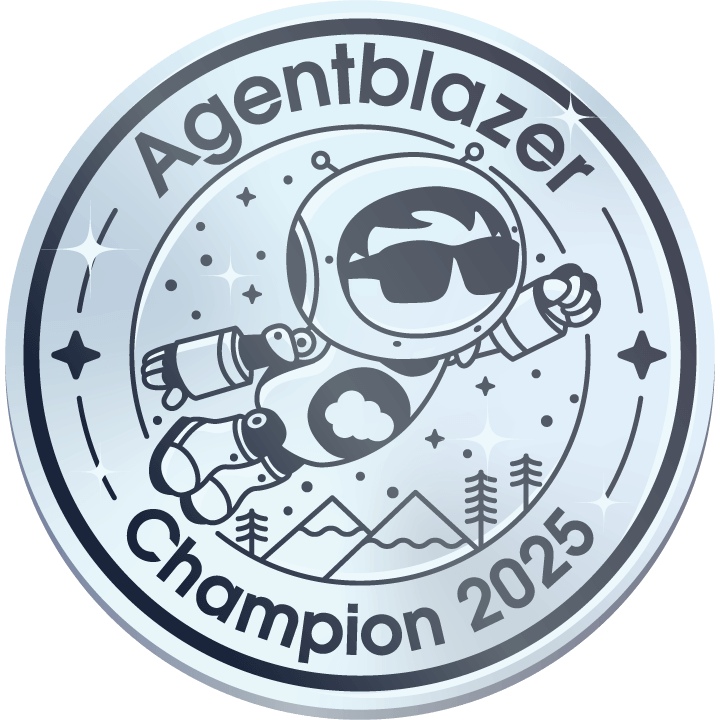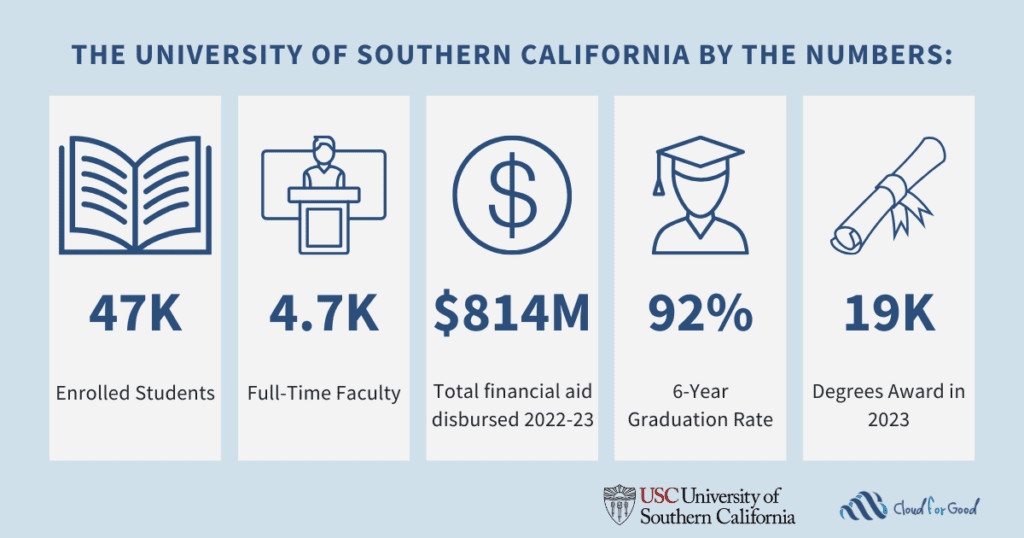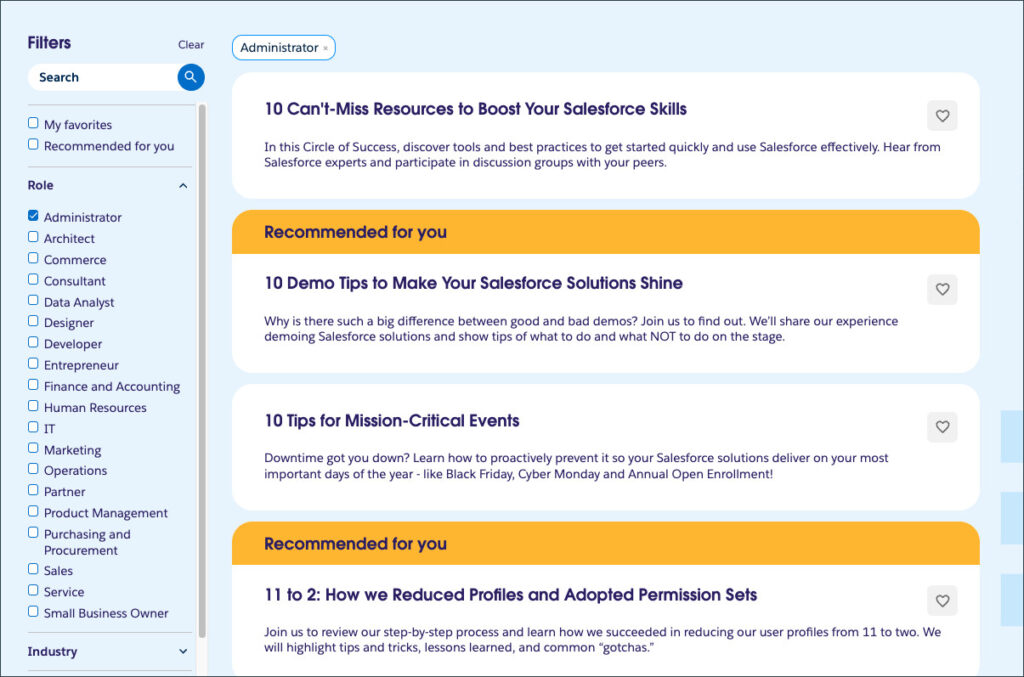Think about your first “real” job. It probably involved a lot of grunt work, right? If you started in finance, you probably searched through endless documents. If you were a junior attorney, you prepared simple legal briefs. And if you were a software developer, you wrote boatloads of basic code.
But now that artificial intelligence (AI) has automated so many of these tasks, will entry-level jobs go the way of floppy disks?
Depends on who you ask.
Anthropic CEO Dario Amodei recently predicted that AI could wipe out half of all entry-level white-collar jobs within the next five years. And Aneesh Raman, LinkedIn’s chief economic opportunity officer, wrote, “There are growing signs that artificial intelligence poses a real threat to a substantial number of jobs that normally serve as the first step for each new generation of young workers.”
Other outlooks aren’t so dire. More than half (58%) of executives in a recent Slack Workforce Index expect to hire more entry-level workers. Alex Murray, senior director, programs and marketing, of Salesforce’s Futureforce University recruitment team, is equally optimistic about young employees’ future. “What we’re seeing is that, absolutely, jobs are changing now that things have become more automated,” she said. “But you have to balance that with the fact that young people coming from universities into the workforce have an advantage the rest of us don’t have.”

The top skills for the agentic AI future
Jobs are changing, and so is the expertise you need to succeed. From adaptability to AI literacy, here are the human and tech skills everyone should have now.

That advantage? Many new grads had access to AI curricula and AI degrees that equipped them with cutting-edge knowledge. Their AI literacy could be the very thing that helps them thrive.
Let’s look at what’s happening and what recent grads can do to beat the odds.
AI Synopsis
Gathering AI Synopsis…

Traditional entry-level work is being disrupted
AI Synopsis
Gathering AI Synopsis…
There’s no getting around it: Young workers are struggling to find jobs. The unemployment rate for recent graduates in the U.S. has risen 30% since September 2022, compared with 18% for workers overall. Even highly credentialed engineering grads are struggling to break into tech. As one commenter wrote in a Gen Z Reddit group, “Our generation is so cooked when it comes to professional jobs.”
This is worrying for several reasons. The system that’s been in place for years served essentially as an apprenticeship: Recent grads did menial work in exchange for experience, as well as the wisdom, guidance, and mentorship of older workers. It’s how they learned the ropes — not to mention workplace etiquette. When the bottom rung of the career ladder is broken, young workers don’t get this guidance. Companies also risk losing a pipeline of future leaders, along with young people’s fresh perspective.
The problem is so new that experts are just beginning to address it. And it’s not only entry-level jobs that are at risk. Vista Equity Partners CEO Robert F. Smith recently told a conference that “all of the jobs” currently being carried out by the world’s 1 billion knowledge workers will change because of AI. But there’s good news, too: The World Economic Forum predicts that even though 92 million jobs will be displaced by 2030 due to a number of economic macrotrends, including AI, 170 million new ones will be created.
AI Synopsis
Gathering AI Synopsis…

How some colleges are helping
AI Synopsis
Gathering AI Synopsis…
Colleges and universities have traditionally equipped students with some of the skills they need for their first jobs. But now, Murray said, “universities are still determining how to embrace both the opportunities and ethical considerations that come with embedding the technology in their curriculum.” Some colleges prep students to work alongside AI; others restrict its use.
Liv Gutierrez, a junior at the University of California, Berkeley, was surprised when she started an internship at Salesforce this summer and found that AI was not only allowed, but encouraged. An economics major, she said her college restricts AI use, and that professors use tools to detect whether students use it for homework. But Gutierrez’s classmates used AI to study, and she started doing the same earlier this year. “I think you have to be open-minded about AI and accept that this is the new reality, and you either move forward with everyone else or you get left behind,” she said.
For every school that’s restricting AI, others are embracing it.
If you need proof that AI-centric colleges can help grads get jobs, consider forward-deployed engineers, which are increasingly in demand. “A few years ago, this role would have required two to three years of experience,” Murray said, “but now it’s balanced out because, due to that curriculum, these graduates have a level of experience that others don’t have.”
AI Synopsis
Gathering AI Synopsis…

How companies are helping grads get entry-level jobs
AI Synopsis
Gathering AI Synopsis…
The math is pretty simple: Young people need opportunities. Companies need fresh perspectives and talent pipelines.
So, how can companies reimagine entry-level roles to bring young workers into the business? More than 75% of leaders in a study by Microsoft and LinkedIn said early-career talent will have greater responsibilities because of AI. That’s true at KPMG: Recent graduates there are handling tax work previously reserved for staff with at least three years of experience.
“AI is helping newer employees punch above their weight,” said Lucas Puente, head of research at Slack. “It gives them the insights and support they need to take on work that used to require years of experience.” Slack research backs that up, showing that 83% of daily AI users are comfortable using the technology to perform tasks outside their skill set, especially millennial and Gen Z workers.
But companies are still nurturing talent the traditional way, too. Salesforce’s Futureforce program, for example, offers an internship and a three-month new grad program. “We welcomed hundreds of interns this summer and are welcoming new grads, as well,” said Murray. “This demographic is in our DNA as a company.”
Ryan Dudak is part of that DNA. A 2024 graduate of Dartmouth College, Dudak was a Salesforce intern between her junior and senior year, and is now in the company’s two-year product management rotation program. Of the 13 people in her cohort, 11 started as interns.
Because she was a computer science and linguistics major in college, she arrived at Salesforce with AI skills. “When I was an intern, I used to spend hours writing a product requirements document, but now I can fast-track that with AI,” she said.
She also came with a fresh perspective. At Dartmouth, she took a class on AI ethics and was able to apply that knowledge in her last rotation. “We were working on several generative AI features, and there were social and environmental implications that I don’t think many of my team members had considered or even thought about until I raised them,” she said.
AI Synopsis
Gathering AI Synopsis…

Workers without 4-year degrees face an even steeper battle
AI Synopsis
Gathering AI Synopsis…
Most research about entry-level jobs focuses on recent college grads. But 50% of Americans over 25 don’t have a four-year degree. They may have served in the military, received an associate degree, or obtained skills through a certification program. They’re what the nonprofit Opportunity@Work calls STARs, or people Skilled Through Alternative Routes.
“They’re the hidden and silent workers in the population and, as a result, they’re probably a secondary thought, or an afterthought in this conversation,” said Alicia Ogilvie, senior director of AI product and enterprise enablement at Opportunity@Work.
If it’s hard for recent grads to get entry-level knowledge work, it’s even harder for those without degrees. But one of the hottest skills in the labor market right now is adaptability, which this group has in abundance. They’ve hustled and achieved in a world that values degrees over skills.
“They’ve had to constantly reinvent themselves,” Ogilvie said. “They’ve learned how to survive and show up well at work, and they’ll continue to show up as we start talking about AI.”
They’re already at Salesforce. The company’s Future Pathways program offers internships, apprenticeships, and work experience to young workers who don’t necessarily have traditional tech backgrounds but possess high potential and transferable skills. So far, the program has helped more than 1,200 people kickstart their careers.
AI Synopsis
Gathering AI Synopsis…

How to get an entry-level job, with the help of AI
AI Synopsis
Gathering AI Synopsis…
Even though it’s tough finding an entry-level job right now, there are ways to break into the market. LinkedIn co-founder Reid Hoffman shared these three tips in a recent article.
1. Become literate in AI
“I urge you not to think in terms of AI-proofing your career,” Hoffman wrote. “Instead, AI-optimize it.” He suggested that young people become literate in AI but also “understand how AI redistributes influence, restructures institutional workflows and business models, and demands new skills and services that will be valuable.” The Microsoft/LinkedIn study supports Hoffman’s point of view: It found that 71% of leaders are more likely to hire a less experienced candidate with AI skills than a more experienced one without them.
2. Create your own opportunities
“While evidence suggests it’s getting harder to find a first job, it has never been easier to create a first opportunity,” Hoffman said. He recommended young people pick projects that show off their specific skills. “With the right tools,” he wrote, “you can now do what used to require teams: Create content and brands, generate and test marketing campaigns, write code, and design products.” He encouraged young people to share publicly — maybe on LinkedIn — about their journey.
3. Rely on your network
Personal relationships have never been more important. “Human referrals and trust can’t scale like AI, so your personal network becomes more valuable than ever,” Hoffman wrote. For people without a degree or the rich networks colleges provide, however, this advice can be tricky. But it’s still possible to cultivate networks through LinkedIn or organizations such as Opportunity@Work or Year Up United, which offer training and hands-on experience.
Even though AI is eliminating some entry-level jobs, it’s also the key to young people getting their foot in the door. So, for all those young people starting out in the world: Take the time to learn AI skills. But don’t forget to wear a clean shirt and show up on time, too.

Become an Agentblazer Champion
Take a deep dive into core AI concepts, and get hands-on experience building your own agent. Get started now on Trailhead, Salesforce’s free online learning platform.

Images by Aleona Pollauf/Salesforce.






